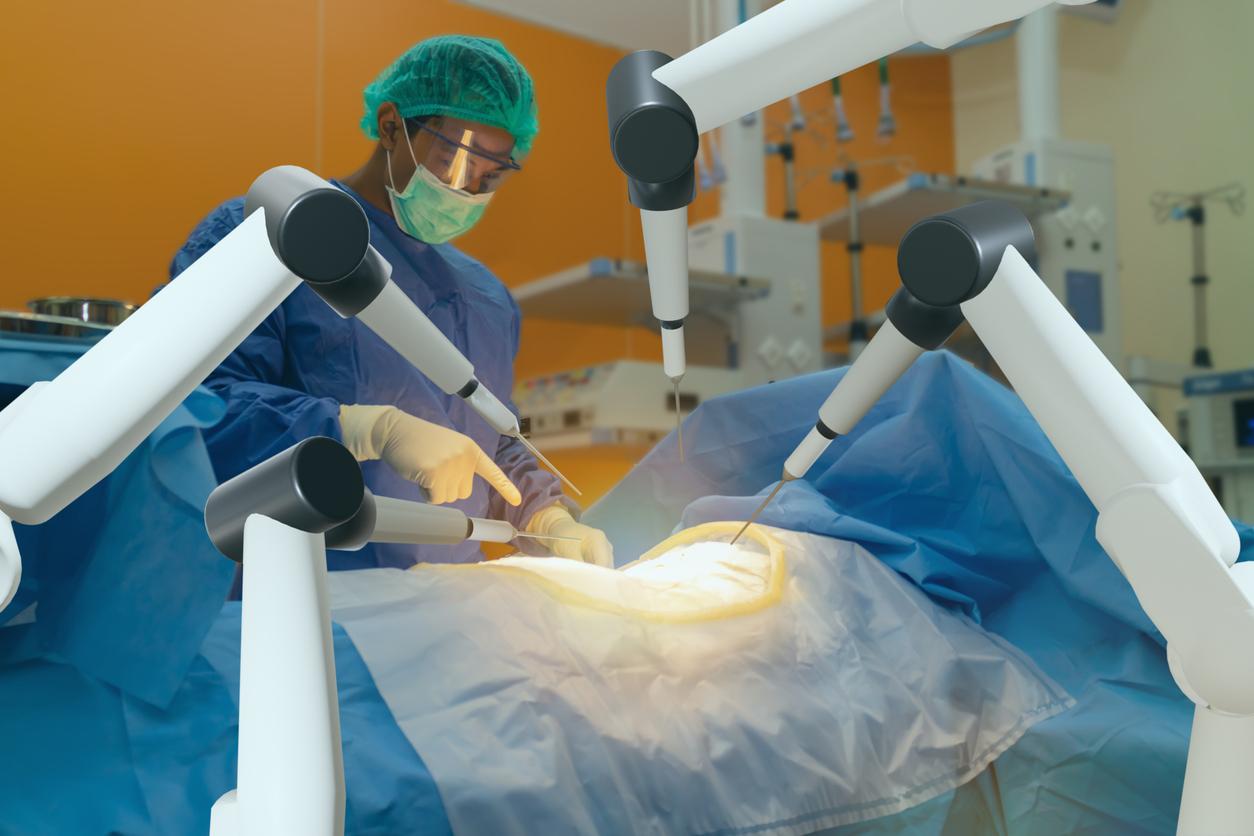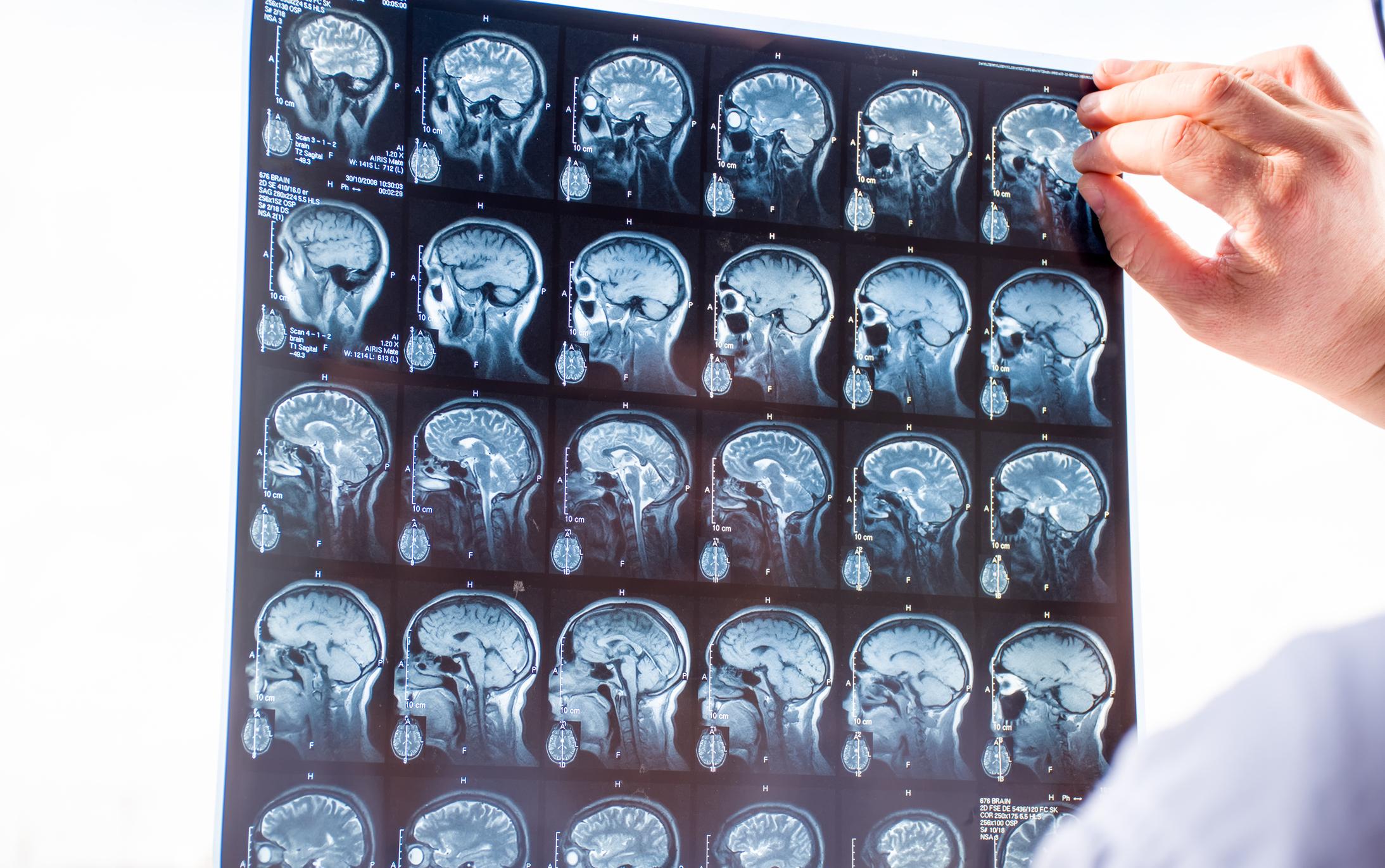A team of researchers plans to create robots that can be injected into the body capable of predicting and reducing epileptic seizures.

- In France, about 600,000 people suffer from epilepsy, half of whom are under 20 years old.
- Epileptic seizures are characterized by sudden and excessive discharges of nerve impulses (electrical signals) in the brain.
Researchers at the University of Glasgow are currently developing robots that can be injected into the body to help patients with epileptic seizures. These “microbots” – which measure about a tenth of a millimeter – will allow doctors to implant them in the human brain and control them using a small, portable unit.
Epilepsy: an ambitious project to develop new treatments
The researchers say the robots will be able to monitor electrical activity to detect the onset of a seizure and mitigate its effects through targeted neurostimulation. Experts add that the research could pave the way for transformative treatments for brain conditions such as epilepsy.
The project, called “CROSSBRAIN”, is led by scientists from Tor Vergata University in Rome. Scientists will develop the microbots over the next four years. Professor Hadi Heidari, from the University of Glasgow, is leading the UK’s contribution to the project. “We are thrilled to be part of this ambitious project, which has the potential to pave the way for transformative treatments for pathological brain conditions like epilepsy”says Professor Heidari in a university statement.
Nanomaterials that allow “to modulate neuronal activity with more precision”
“In brain tissue, neurons communicate through a complex interplay of signaling mechanisms, including chemical, thermal and electrical changes (depolarization/repolarization). It is well known that many pathological brain conditions directly involve aberrant electrical activity of the brain, such as epileptic seizures or panic disorders”, adds Professor Nicola Toschi of Tor Vergata University in Rome. In such conditions, rapid recognition and intervention are essential to begin effective periodic and adaptive treatment, says the researcher. However, the technologies available to guide and modulate brain activity in a precise and selective way for therapeutic purposes are to date severely limited, considerably reducing the therapeutic options.
But, recent advances in nanotechnology could facilitate access to new modalities and innovative paradigms in the field of neuromodulation. “Innovation in the field of nanomaterials offers the possibility of modulating neuronal activity with greater precision and sensitivity. The CROSSBRAIN project aims to create radically new neurostimulation strategies and devices in the field of precision medicine with a key role in the predictive management of brain diseases”concludes Professor Toschi.

















